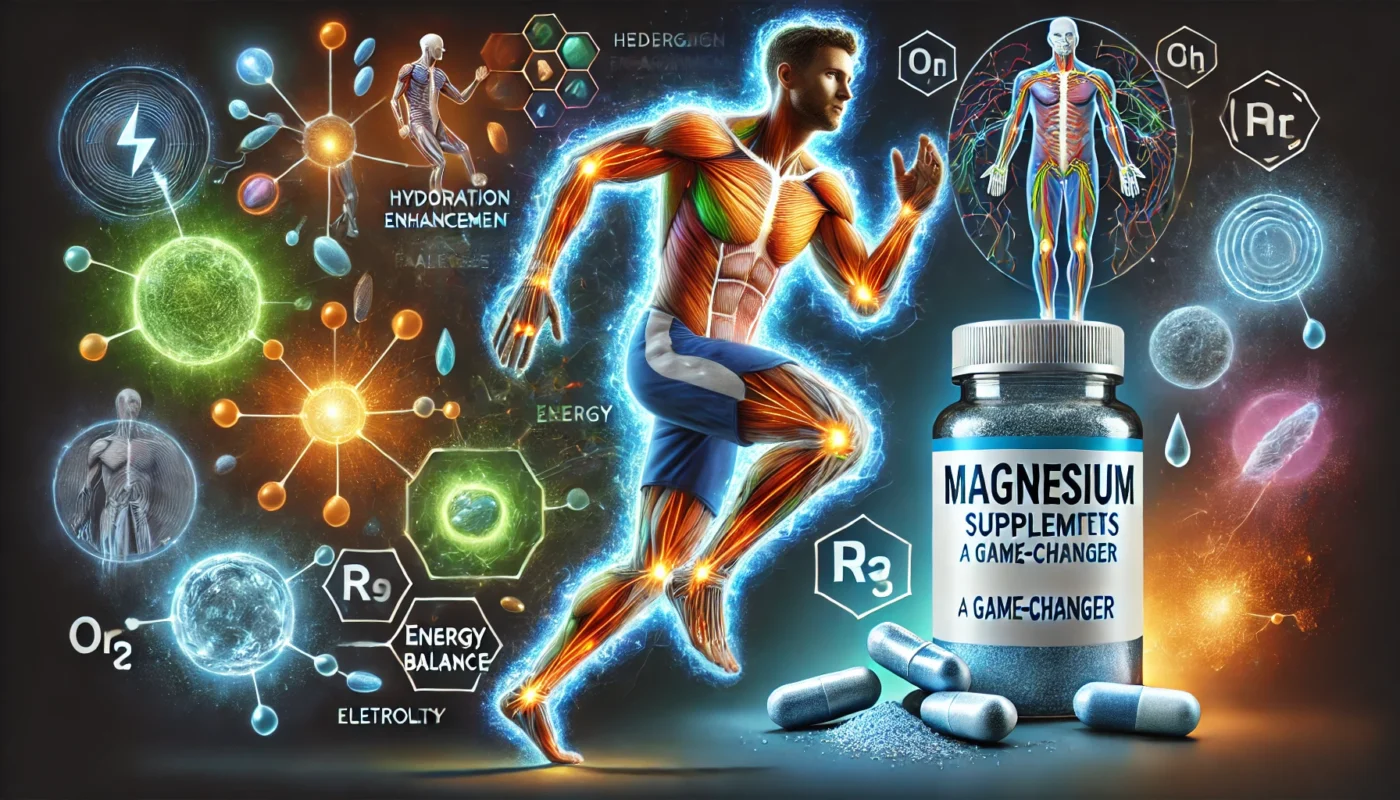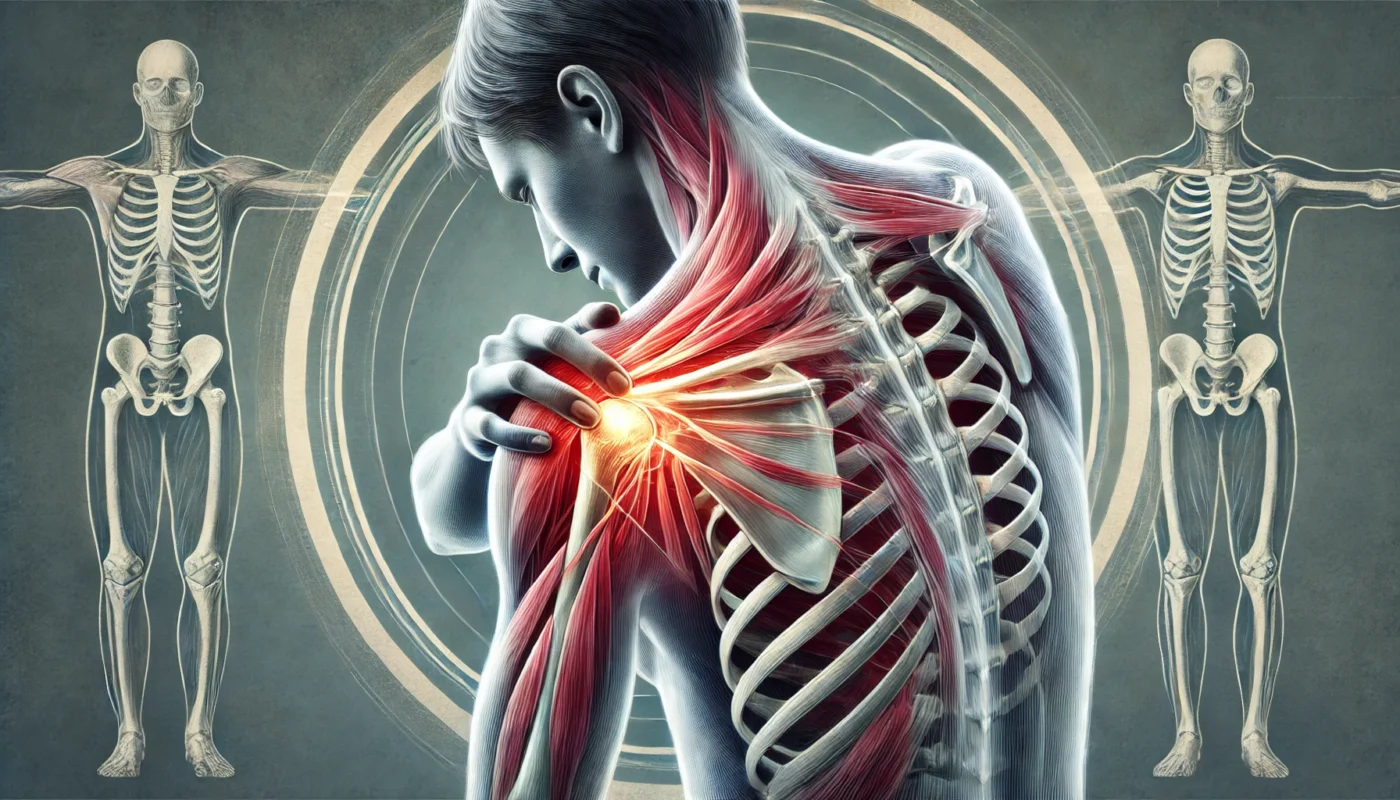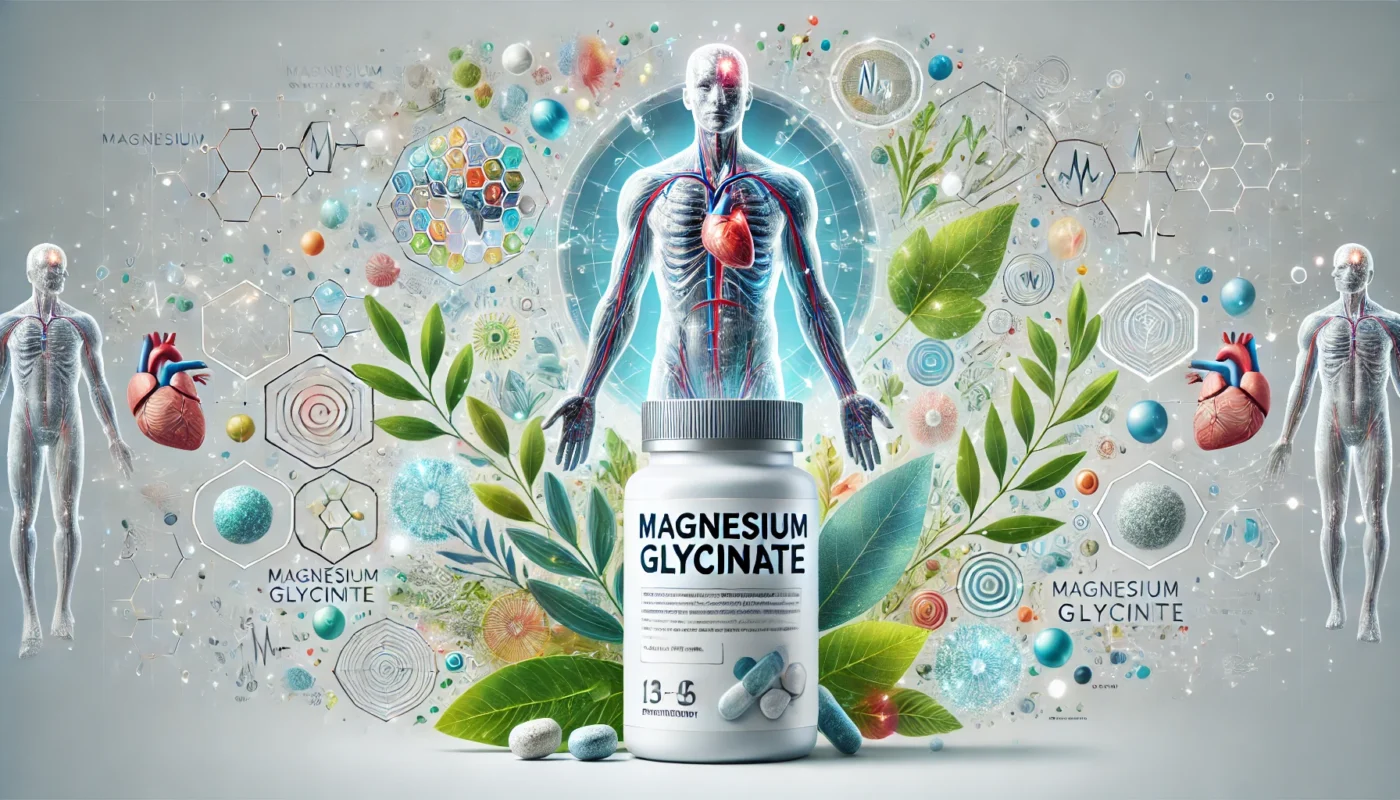Muscle recovery is a pivotal aspect of any fitness regimen, yet it often receives less attention than the workouts themselves. A well-structured recovery plan is essential for reducing muscle soreness, preventing injuries, and ensuring that your muscles can grow and strengthen effectively. One of the most critical components of muscle recovery is nutrition. By focusing on the right foods, you can enhance your post-workout recovery and optimize your overall fitness results. Let’s delve into the top foods that can aid in muscle recovery and explore the science behind their effectiveness.
Tag Archives: muscle recovery
Proteins are vital macromolecules and the primary building blocks of muscle tissue, playing a crucial role in muscle synthesis and repair. During resistance training and other forms of exercise, you induce micro-tears in your muscle fibers, necessitating repair for growth. Proteins facilitate this repair and growth process, leading to muscle hypertrophy. Without adequate protein, the repair process stalls, potentially leading to muscle deterioration, reduced strength, and an increased risk of injury over time.
Moreover, proteins supply essential amino acids that are not produced by the body. These amino acids are critical for synthesizing new muscle tissue and maintaining the integrity of existing muscles. A lack of these building blocks can hinder your progress and make it challenging to achieve desired fitness outcomes.
Whether you’re a seasoned athlete or a fitness novice, understanding the importance of recovery after exercise is crucial. Recovery not only helps prevent injuries but also enhances performance by allowing muscles to rebuild and strengthen. Let’s delve into some effective strategies for quick workout recovery that blend scientific insight with holistic approaches.
Nutrition is an integral component of any fitness regimen. It not only provides the energy required for physical activity but also plays a crucial role in muscle recovery and growth. Whether you’re a seasoned athlete or a fitness enthusiast, understanding the science behind nutrition can significantly impact your performance and overall health.
Energy Balance: Eating More When You Exercise
One common question among fitness enthusiasts is, “Should I eat more if I workout?” The answer is nuanced. Exercise increases your energy expenditure, which means you might need to consume more calories to maintain your weight and support your activity levels. However, the quality of those calories is just as important as the quantity.
Recovery is an integral part of any fitness regimen, yet it’s often overshadowed by the excitement of workouts and exercise routines. However, understanding and optimizing recovery is key to achieving your fitness goals. One of the foundational elements of effective muscle recovery is nutrition, particularly the incorporation of essential vitamins that facilitate muscle repair, growth, and overall recovery.
In this comprehensive guide, we will delve into the best vitamins for sore muscles, those that enhance strength, and those that are pivotal for muscle repair and growth. We’ll explore how these nutrients can be leveraged to maximize your post-workout recovery.
Athletic performance depends on a finely tuned balance of nutrition, training, and recovery. While macronutrients like protein and carbohydrates dominate the spotlight, minerals like magnesium often fly under the radar—despite being essential for optimal performance. Magnesium glycinate, a highly bioavailable form of magnesium, is emerging as a key supplement for athletes seeking to enhance endurance, […]
The rotator cuff, a group of four muscles and their associated tendons, plays a vital role in shoulder movement and stability. Strains in the rotator cuff can range from mild overuse injuries to more severe tears, significantly affecting one’s ability to perform daily tasks or engage in physical activities. This article provides an in-depth exploration […]
Magnesium is an essential mineral involved in over 300 enzymatic reactions within the body, ranging from muscle function to nerve signaling, energy production, and bone health. One popular form of magnesium supplementation is magnesium glycinate, known for its high absorption rate and gentleness on the digestive system. This article delves into the potential benefits, health […]
Muscle strains can be a real pain. They can disrupt your daily routine, hinder your fitness goals, and even impact your overall wellbeing.
Understanding the best remedies for muscle strain relief is crucial. It can help you manage the discomfort and expedite your recovery process.
This article aims to be your comprehensive guide. We’ll delve into the science behind various medications and holistic approaches. We’ll provide clear, actionable strategies to help you recover from muscle strains.
Whether you’re a fitness enthusiast, a health enthusiast, or a medical patient, this guide is for you. We’ll help you navigate the complex world of muscle strain treatments.
We’ll discuss over-the-counter medications, like ibuprofen and acetaminophen. We’ll explore their effectiveness and potential side effects.
We’ll also look at natural remedies and alternative therapies. We’ll examine their role in muscle strain recovery and pain management.
By the end of this guide, you’ll have a better understanding of muscle strain treatments. You’ll be equipped with practical tips to manage and recover from muscle strains. Let’s dive in and explore the top remedies for muscle strain relief.
Muscle soreness is a common aftermath of an intense workout or physical exertion. It’s a sign that your muscles are adapting and growing stronger. But when the aches linger, they can hinder your daily activities and workout routine.
Over-the-counter pain relievers like Tylenol are often reached for to ease the discomfort. But how effective is Tylenol for muscle recovery? And how does it compare to other pain relievers like ibuprofen?
This article aims to answer these questions. We’ll delve into the science behind muscle soreness and recovery, and the role of pain relievers in this process. We’ll explore the mechanisms of action of Tylenol and ibuprofen, and provide practical tips on their use for muscle soreness.
We’ll also look at alternative approaches to managing muscle soreness, including natural remedies and non-pharmacological therapies. We’ll discuss the importance of rest, nutrition, and hydration in recovery, and provide strategies to prevent muscle soreness.
Finally, we’ll guide you on how to understand and interpret research on muscle recovery. Our goal is to provide a comprehensive guide to understanding and managing muscle soreness, whether you’re a fitness enthusiast, a health enthusiast, or a medical patient.
So, let’s dive in and unravel the role of Tylenol in muscle recovery.
- 1
- 2










